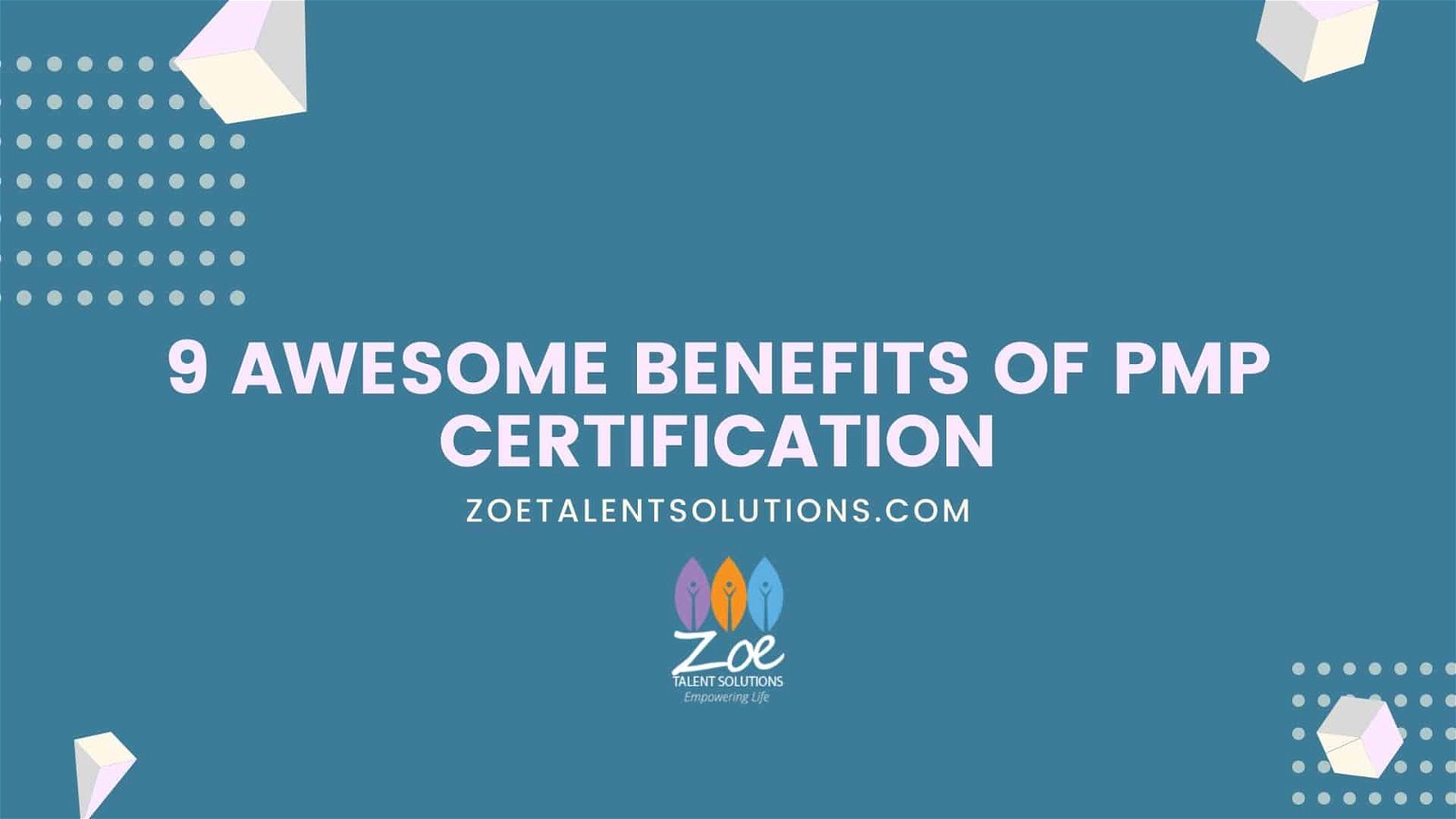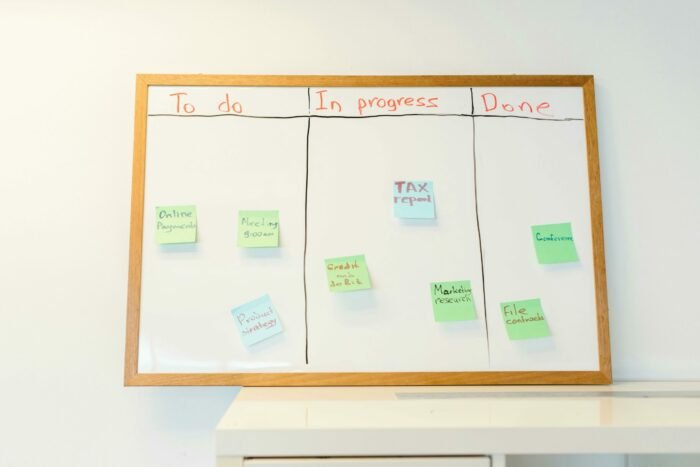Are you interested to know the benefits of PMP certification and wants to get it?
Project management professional or PMP certification gives your career a new height if passed but it requires a lot of hard work to get it. Having a PMP certification in your skillset gives you an edge over the other project managers.
Here are the 9 awesome benefits of PMP certification once you succeed to earn it.
1. Sets You Apart
Once you attain the PMP certification it equips you with the deep knowledge of how to efficiently execute any project which sets you apart from the other candidates when applying for a job in any industry.
2. Career Growth
By having a PMP certification, it takes your career to a whole lot new level. It earns you international recognition. Most of the modern day’s businesses and companies today look for the PMP certified professionals which can land you a great job.
3. Higher Pay
Having a PMP certification earns you a higher salary than the non-certified ones. PMP certified professionals demand more salary in the market due to their internationally accredited certifications. According to some surveys, PMP professionals earn 20 to 20% more than non-certified project managers.
4. Efficient Project Management
The PMP certifications make you efficiently and effectively execute your projects. It will enable you to bring more and more improvement in your project management experiences.
5. More Jobs Opportunities
Project management is rapidly evolving with more and more needs in various industries and its jobs have grown in great numbers in recent years. Project managers are in high demand and if you have a PMP certification in your arsenal then it will give you a solid edge over your other counterparts.
6. Enhance Your Skills
The PMP certifications will enhance your skills for sure because getting a PMP certification is not a piece of cake. It involves rigorous training and considerable amount of course work to pass it. You are taught the main processes involved which expand your knowledge to a much greater level.
7. Contribute to Your Company Growth
While studying to get your PMP certification you will learn the best practices and skills for optimal project management. You will be able enough to train others in your company for smooth, swift and efficient project execution which will, in turn, contribute to the overall company growth and performance.
8. Networking Opportunities
PMP certification enables you to network with the other PMP professionals from across the world which will help you out attain your PMP certifications. The more people in your networking list the more will be the chances to land a better job in your field.
9. Evaluate Your Team Members
The best thing about having a PMP certification is that it will make you enable to better evaluate your team members. It will equip you with some very good skills to easily figure out whether or not a potential team member will work with everyone involved.
Do you want to Study the PMP Certification Training Course?
Zoe Talent Solutions offers highly professional a PMP certification training course to bloom your career in project management.
See Zoe Talent Solutions full project management skills course list here: Project Management Training Courses

















